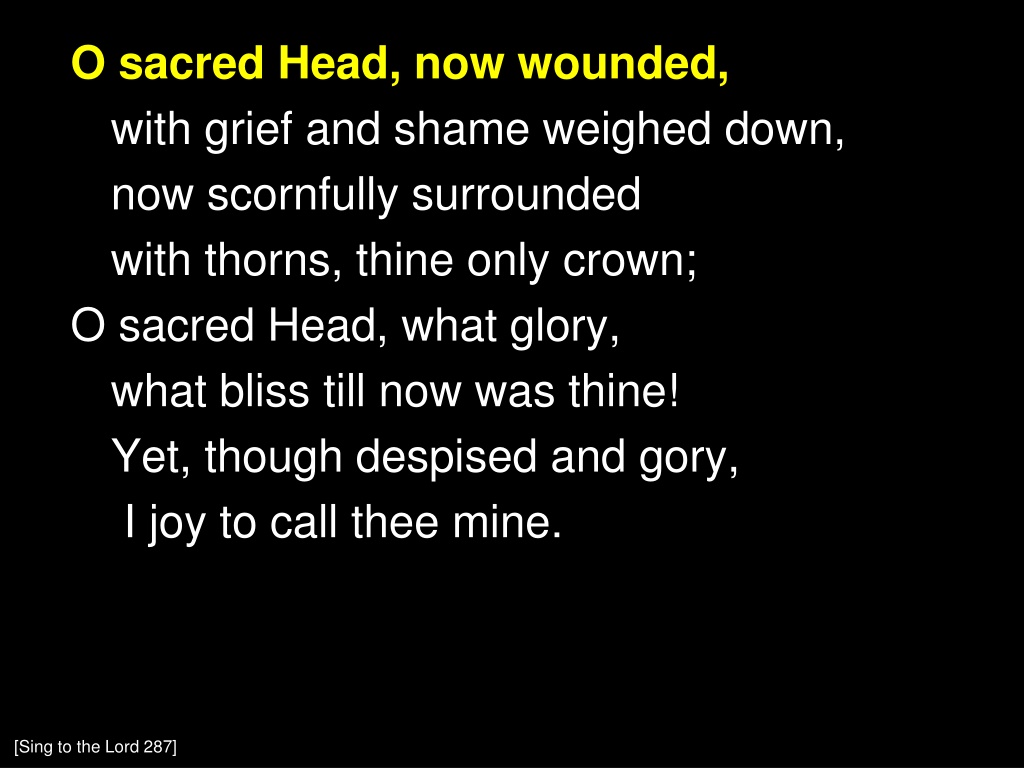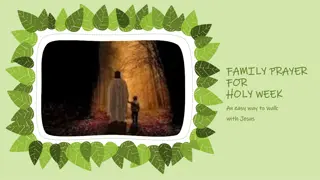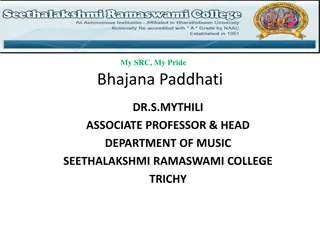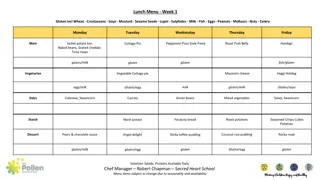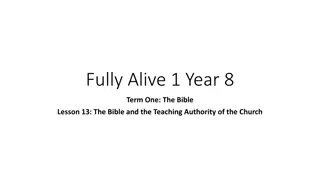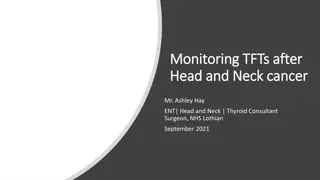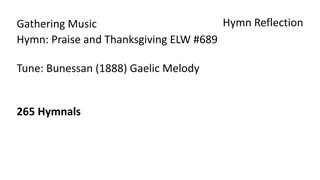Reflections on the Sacred Head and Dearest Friend
Reflections on the sacred head now wounded, expressing profound sorrow and gratitude for the sacrifice made, contemplating the suffering endured for sinners' gain. The poetic verses beautifully convey deep emotions towards the Lord, acknowledging the pain endured and seeking eternal devotion. The images accompanying the verses visually enhance the contemplation of the sacred journey, inviting reflection on the significance of the ultimate sacrifice and love displayed.
Download Presentation

Please find below an Image/Link to download the presentation.
The content on the website is provided AS IS for your information and personal use only. It may not be sold, licensed, or shared on other websites without obtaining consent from the author. Download presentation by click this link. If you encounter any issues during the download, it is possible that the publisher has removed the file from their server.
E N D
Presentation Transcript
O sacred Head, now wounded, with grief and shame weighed down, now scornfully surrounded with thorns, thine only crown; O sacred Head, what glory, what bliss till now was thine! Yet, though despised and gory, I joy to call thee mine. [Sing to the Lord 287]
2. O noblest Brow and dearest, in other days the world all feared when thou appearedst; what shame on thee is hurled! How art thou pale with anguish, with sore abuse and scorn! How does that visage languish, which once was bright as morn!
3. What thou, my Lord, hast suffered was all for sinners gain; mine, mine was the transgression, but thine the deadly pain. Lo, here I fall, my Saviour, tis I deserve thy place; look on me with thy favour, vouchsafe to me thy grace.
4. What language shall I borrow to thank thee, dearest friend, for this thy dying sorrow, thy pity without end? O make me thine forever; and should I fainting be, Lord, let me never, never outlive my love to thee. Sing to the Lord 287 Public domain Text: Bernard of Clairvaux, 1091 1153; tr. James W. Alexander, 1830 Tune: H. L. Hassler, 1564 1612; adapt. and harm. J. S. Bach, 1729
